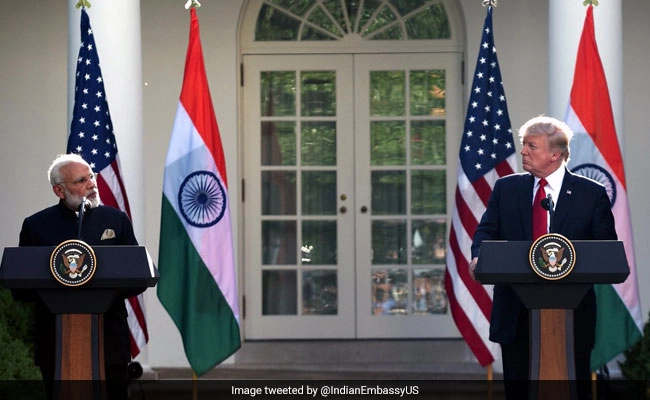In a significant ruling, the court has delivered its verdict in the Malegaon case, dismissing the so-called “RDX theory” that had been a pivotal aspect of the prosecution’s argument. The case, which drew considerable attention due to the allegations surrounding a blast in Malegaon in 2006, has been mired in controversy and debate over the evidence presented. By rejecting the notion that RDX, a powerful explosive, was used in the attack, the court has opened the door to further scrutiny of the evidence and the methodologies employed during the investigation.
The court’s decision to flag a contradiction within the evidence presented is particularly noteworthy. It suggests that there may have been significant gaps in the prosecution’s case that have not only undermined its credibility but also raised questions about the fairness of the trial. The rejection of the RDX theory signals a potential turning point in the broader discourse surrounding terrorism-related cases in India, where the burden of proof and the reliability of evidence are often contentious issues.
This ruling may have far-reaching implications, not only for the defendants but also for the legal framework governing terrorism cases in the country. The court’s insistence on a rigorous examination of evidence could set a precedent for future cases, emphasizing the necessity for a high standard of proof when dealing with serious allegations. As the legal community and the public digest this verdict, it becomes crucial to reflect on the importance of due process and the integrity of the judicial system in ensuring justice is served, particularly in cases with national significance.
Ultimately, the rejection of the “RDX theory” by the court highlights the need for careful consideration and evaluation of evidence in legal proceedings. It serves as a reminder that the pursuit of justice must always be balanced with the principles of fairness and accuracy. The Malegaon verdict is not just a legal outcome; it represents a critical moment in the ongoing struggle to uphold the rule of law in the face of complex and multifaceted issues surrounding terrorism and national security.




